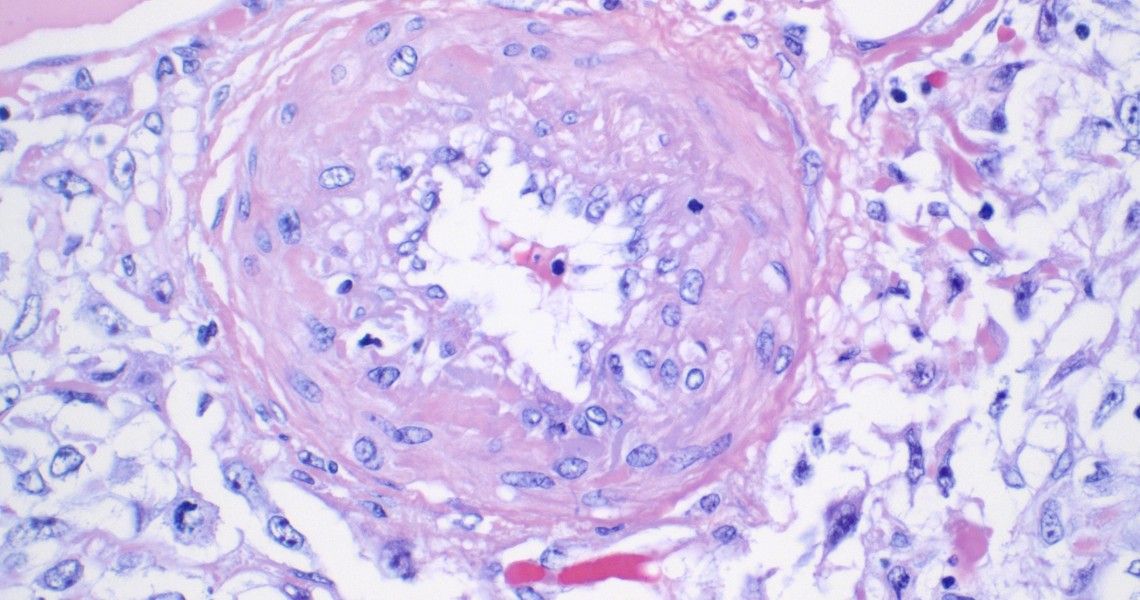
Autopsy and Medical Pathology is the examination of deceased individuals to determine the presence of diseases of the heart, lungs, brain, and other organ systems. This is done using a procedure called an autopsy, also sometimes referred to as a necropsy or postmortem exam.
An autopsy is an in-depth examination of the organs of the body, using both the naked eye and a microscope. It can also include performing some of the same kinds of laboratory tests used in living patients. The autopsy is performed by a pathology resident (a doctor undergoing specialty training in pathology) under the direct supervision of an attending pathologist.
The autopsy findings, laboratory test results, and information from the medical record are analyzed together to reach a conclusion about the cause of death. These findings and conclusions are detailed in an autopsy report, which becomes part of the deceased person’s medical record. The goal of the autopsy report is to help the treating physicians and family of the deceased understand how and why the person died. In some cases, the autopsy report may give the medical team information that helps them to improve the care of future patients.
Our pathologists can only perform an autopsy with the permission of the deceased person’s next of kin. Permission can be given for a complete autopsy (in which all of the internal organs are examined), or an autopsy can be limited to one or more specific organs. For example, if it is suspected that a patient died of an unusual form of dementia, the family might choose to give permission for an autopsy limited to examination of the brain. Regardless of whether a complete or limited autopsy is performed, it should not affect the ability to have an open-casket visitation or funeral if that is the family’s wish.
Certain deaths must be reported to the Office of the Chief Medical Examiner (OCME). These include known or suspected:
- deaths from trauma, including homicides, suicides, traffic crashes, falls, drownings, burns, and other unintentional injuries;
- deaths from medical complications of trauma, such as infections, regardless of how much time has passed since the original injury;
- deaths from poisoning by alcohol, drugs, or other toxic substances;
- deaths while in custody;
- deaths from diseases that pose a danger to public health.
If a death is in one of the above categories, the body of the deceased will usually be taken to the Medical Examiner facility, where an OCME pathologist will determine whether an autopsy will be performed. The OCME does not require the permission of the next of kin to perform an autopsy.
Office of the Chief Medical Examiner of the District of Columbia
Services
Specimen Shipping / Drop-Off
The George Washington University Hospital
Department of Pathology
900 23rd St NW, Suite B2090
Washington, DC 20037
Phone: (202) 715-4665
Fax: (202) 715-4691
Slide Send Out Service
Phone: (202) 715-4665
Fax: (202) 715-4691
Slide Request Authorization Form
Pathology Administrative Office
Phone:(202) 715-4665
Faculty
Andrew Hall, MD
Director of Autopsy Service, Assistant Professor of Pathology
View Profile
Elham Arbzadeh, MD
Assistant Professor of Pathology
View Profile
Tapan Bhasvar, MD
Assistant Professor of Pathology
View Profile
Mohadese Behtaj, MD
Assistant Professor of Pathology
View Profile